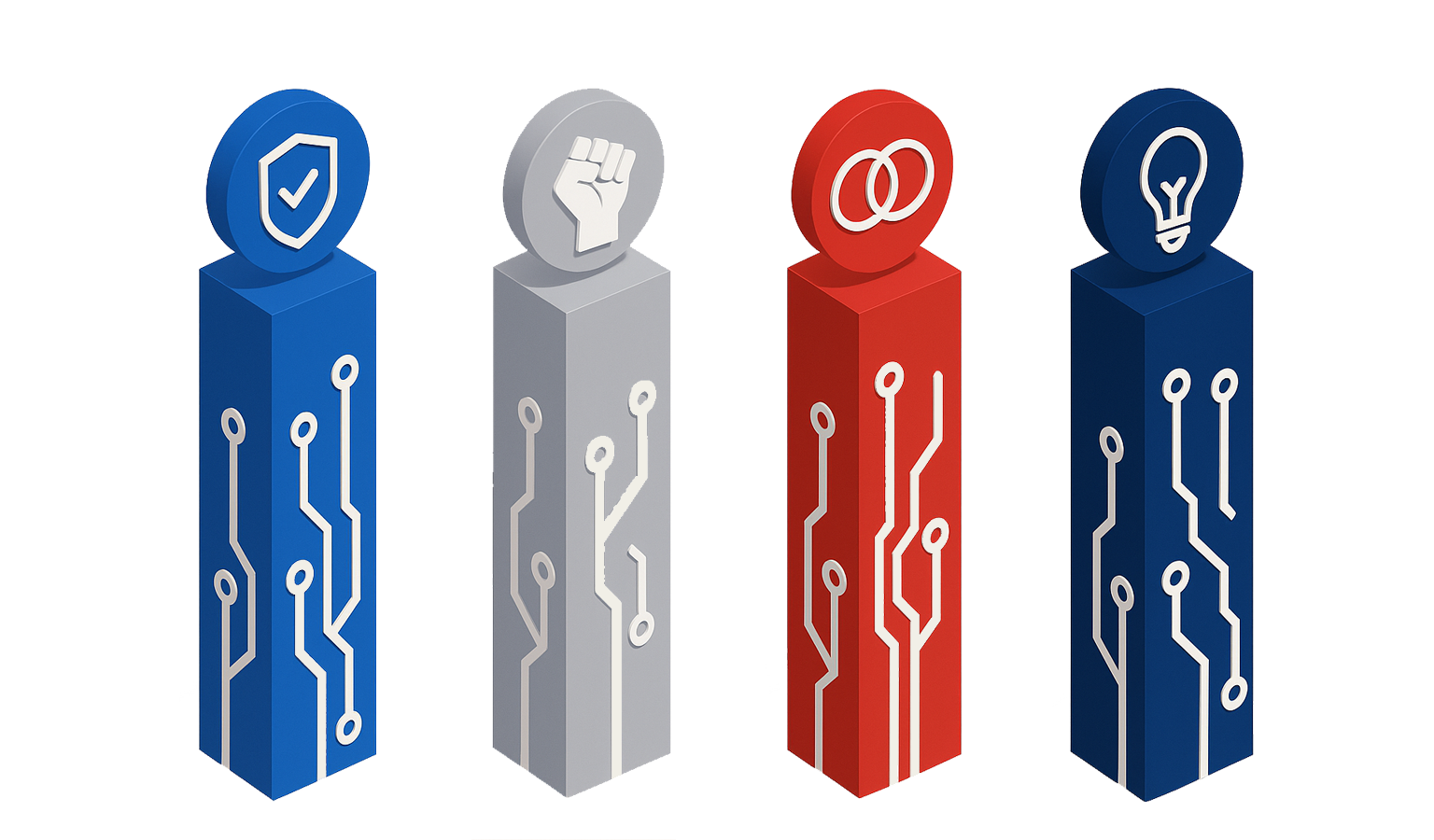Generative AI and Academic Integrity
Academic Lead - Assessment Reimagined | BAL
Professor Ann Rogerson
UOW is moving from cautious exploration to a more considered, strategic and whole of institutional approach to the way that we use generative AI (gen AI) in education.

UOW’s approach to Generative AI is guided by four strategic pillars that reflect our institutional commitment to innovation as well as maintaining academic integrity and the quality of learning and teaching in an AI-enabled world.
These commitments align with UOW's Values in Action (ViA) Framework.
Upholding academic integrity is fundamental to UOW’s approach. We are reimagining assessments, curriculum, and teaching practices to ensure authenticity, fairness, and transparency in an AI-enabled world.
Guided by TEQSA’s (2023) assessment reform propositions, UOW is:
We empower students, educators, and researchers with the skills and confidence to use AI ethically and effectively. By ensuring equitable access and embedding AI literacy across programs, UOW ensures graduates thrive in an AI-enabled world.
We prioritise addressing barriers to ensure equitable access to AI tools and opportunities for learning. Through a phased, risk-based approach to assessment reform, we will ensure that changes to learning and teaching practices accommodate the needs of all students.
We embrace innovation by fostering a culture of responsible and ethical exploration and integration of AI in education. This includes:
Academic Lead - Assessment Reimagined | BAL
Professor Ann Rogerson
Bachelor of Medical Biotechnology (Honours) and UOW Vice-Chancellor Leadership Scholar
Ella Young


